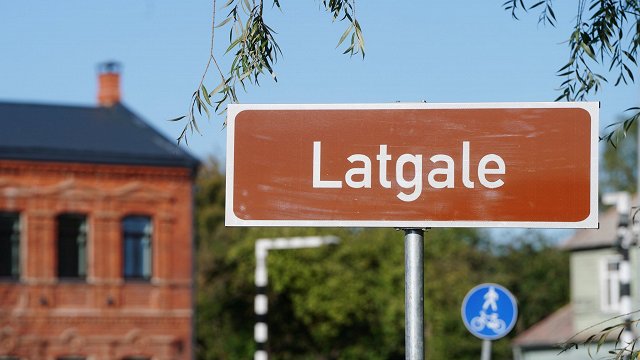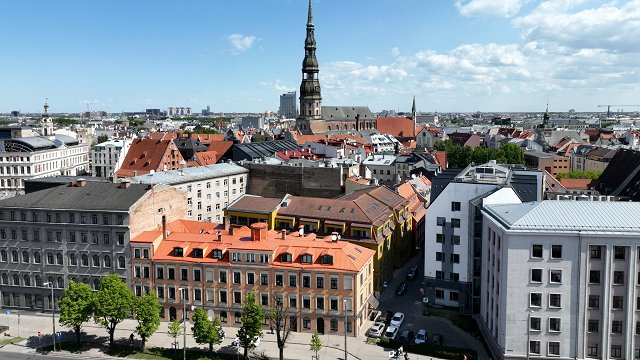However, even after cost reductions, the funding allocated so far - most of which comes from the Connecting Europe Facility (CEF) - will still not be enough to complete the first phase of the project.
Ēriks Diļevs, chairman of the board of the Rail Baltica project promoter in Latvia, Eiropas Dzelzceļa līnijas (EDzL), explained that a foreign consultant had been hired to assess cost optimization. Its task is to review the requirements of the construction design guidelines. In cooperation with the builders, they are also looking for ways to reduce construction costs by changing technical solutions.
"For example, at Rīga Airport, we have already saved €11 million by changing only the flyover structure, which is also in line with the design guidelines, as they do not restrict to one specific type of structure."
These savings are relatively small compared to the sums that can be saved by revising the previously chosen noise wall solution. Reducing the permissible noise level to the 55-decibel level expected in the rest of the Baltic States would reduce the projected cost of the northern section of the Rail Baltica route alone by €450-500 million. But the optimized solution along the entire route could save €600-700 million, estimated the Chairman of the Board of EDzL.
Currently, the projected cost of the first phase of Rail Baltica exceeds €6.4 billion, but the CEF and European Union (EU) military mobility funding allocated to the project so far, as well as the planned state budget co-financing, is only around €1.4 billion. Almost 31% of this money has already been spent.
Kitija Gruškevica, Member of the Board of the joint venture RB Rail, admitted during the discussion that the search for a private investor could take several more years, so in parallel with "lobbying" for additional funds in Brussels in 2027-2028, the money needed for the construction of the main line might also have to be sought from the state budget.
"It should be agreed that the Ministry of Finance provides this loan - 300 million - for the construction of the main line in 2027-2028 as a minimum."
Meanwhile, Finance Minister Arvils Ašeradens stressed that there is no money in the state budget for the construction of Rail Baltica in the next few years. "I don't see money there in the next four years. None," he said.
However, the Ministry of Finance could agree to a reallocation of EU funds, which would allow for additional funding of around €400 million for the construction of Rail Baltica's main route towards Estonia.




























